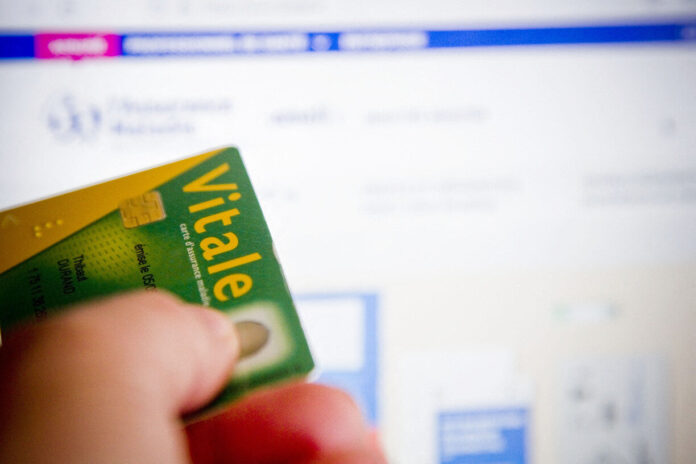An essential document. The carte vitale is in the wallet of all French people and is used at each medical consultation or visit to the pharmacy, to benefit from faster reimbursement of medical expenses than through treatment sheets. If you benefit from mutual insurance, it is also attached to your vital card. As the Public Service website explains, it is a “personal, confidential, secure and free” card which allows you to be identified with Health Insurance.
Your vital card will soon be available on your smartphone. After an experimental phase called “apCV” deployed in 8 departments, the application dedicated to your little green card will be gradually extended to all of France until 2026. However, this is not what was planned. Indeed, the first date communicated by François Braun, the Minister of Health, evoked this year 2023 for the generalization of this new tool which is similar to “a dematerialized alternative to the physical vital card”.
While providing the same functions as the physical Vitale card, the app offers new advantages for both patients and professionals. For insured persons, the app will allow them to directly consult their receipts for healthcare expenses. The receipts will be downloaded automatically by opening the Vitale card app, up to 7 days after the consultation. Once this time has passed, they will become inaccessible. Once downloaded, the receipts will be searchable without limit.
Other functionalities will emerge following the deployment of the digital tool. For example, it will be possible to delegate the use of the card to a trusted person for a specific time. In addition, on this same application, other digital health services will be accessible. Professionals will encounter fewer constraints than usual when the tool is extended to the entire territory. Indeed, recurring forgetfulness will no longer be a problem, and the patient will no longer have to provide an excuse for forgetting. Remote transmission will therefore be virtually guaranteed.
Initially tested with policyholders and professionals in twelve departments (Rhône, Alpes-Maritimes, Saône-et-Loire, Seine-Maritime, Bas-Rhin, Nord, Gironde, Hérault, Loire-Atlantique, Sarthe, Puy-de -Dôme and Paris), the application was to see the light of day in 2023. Like the public finance programming law, this novelty has been postponed to 2026.
On the same theme and in an ideology of digitization of health, the other more general application “My health space”, offers many functionalities related to the field. Accessible since May, more than 8 million users have already connected to the service, i.e. 13% of policyholders, according to the 9th Digital Health Council held on June 15.
This new vital card can only be used with certain health professionals. Indeed, as stated by the Health Insurance on its site, these doctors, pharmacists and other midwives must have updated their billing software. They must also have purchased an NFC reader or other QR Code reader. In the first case, the patient will have to put his smartphone on the reader while in the second case, the patient will have to scan the QR Code present in the apCV application. Please note that NFC technology is unfortunately not available on all smartphones.
Another important topic: what about the security of our data? After the many questions raised by the data disclosed to the TousAntiCovid application, the vital card also knows its share of doubts. However, the app stores several personal data: surname and first name, sex or gender, quality (entitlement, etc.) as well as the organization to which they are attached. However, according to Health Insurance, this data has “the same level of security” as that which is on the physical vital card. No guarantee is therefore given on this subject. In short, its launch, now scheduled for 2026, will allow time for the Ministry of Health to give various details about this “revolutionary” health tool.















